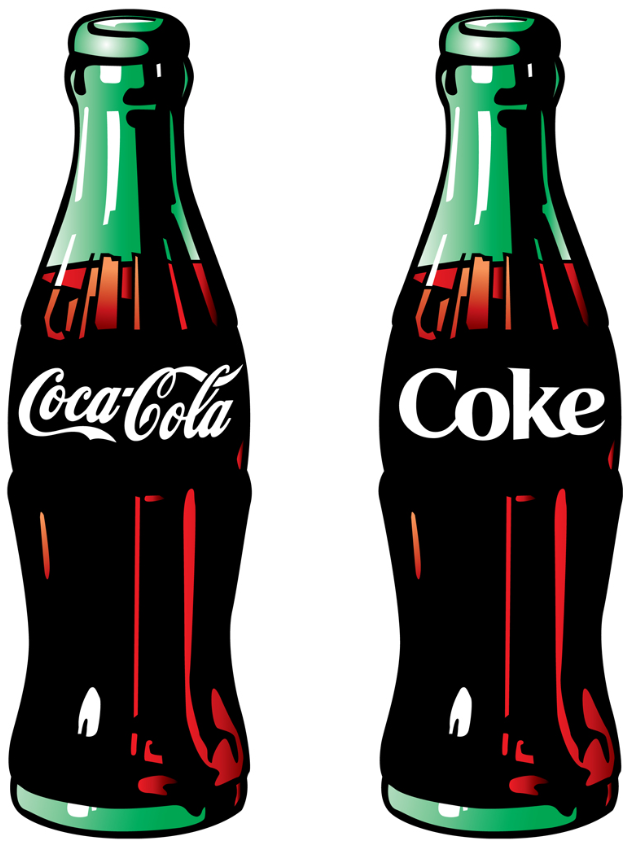TECHNOLOGY’S TUMULTUOUS TORNADO—PART THREE
Technology’s tumultuous tornado shows no signs of terminating and logically never will. To recap from the two prior days, we looked at the rate of recent change and we looked at the need for mentoring relationships among millennials. Some observations stand out for us as a society.
Prior to the personal computer revolution, we still experienced change. The change we experienced was spread over longer time periods and generations. This translated to certain practical applications in our daily business world and general societal life. Everything, literally and metaphorically, moved slower. This slower pace of change affected how we did business and how we lived. It affected how we handled change and how we related to each other. These fundamental changes have revealed the need for mentor relationships unlike we have ever seen in the past. Too many millennials have come of age in a time when hi-tech, nontouch communication has displaced personal relationships. Consequently, many millennials are facing deficits in their interpersonal communication skills. These are challenges that we must conquer.
Today, I ask you the question, are you a storm chaser? The storm chaser is the person who drives fearlessly into the tornado, seeking all its thrills and power. Simultaneously, the storm chaser knows when to pull over and take shelter. The storm chaser is the person who embraces the tornado’s majesty and power, yet maintains healthy boundaries. Are you a storm chaser?
I have seen all kinds of storm chasers and non-storm-chasers. In the world of technology’s tumultuous tornado, here is the profile of the storm chaser:
- Systematically increases knowledge about all technologies.
- Maintains a special focus on the latest technologies, both those affecting ones field and those that appear to be irrelevant.
- Strategically adopts those elements that positively affect mission-critical activities.
- Constantly monitors how the new technologies are affecting human relationships.
- Makes adjustments to personal and professional life to nurture human relationships.
On the other hand, here is the profile of the non-storm-chaser:
- Has no system to increase knowledge about all technologies.
- Ignores the latest technologies, both those affecting ones field and those that appear to be irrelevant.
- Does not strategically adopt those elements that positively affect mission-critical activities.
- Ignores how the new technologies are affecting human relationships.
- Refuses to make adjustments to personal and professional life to nurture human relationships.
I have seen both ends of the spectrum. I have seen baby boomers and beyond who absolutely refuse to even sit down at a computer. I have seen millennials who are so addicted to their smartphones that their personal lives are in a shambles. And I have seen a whole lot of people in between who are out of balance in too many ways to count.
Technology is nothing more than a tool. It is how you choose to use it that makes or breaks your life and the lives of those around you. If I do not use my tools properly, then I can harm myself and others. On the other hand, if I use my tools properly, then I can benefit myself and others. It is in those choices that our values are revealed. What does your use of your tools reveal about your values?
Today, we have at our disposal some of the sharpest and most powerful tools we have ever had. While I don’t claim to be an expert, I do affirm that I want to use my tools in a manner that is driven by and reveals the highest values. That is a decision that is not made once and then forgotten. It is a daily decision and a daily challenge.
Well, no one ever said tornados are tame.











